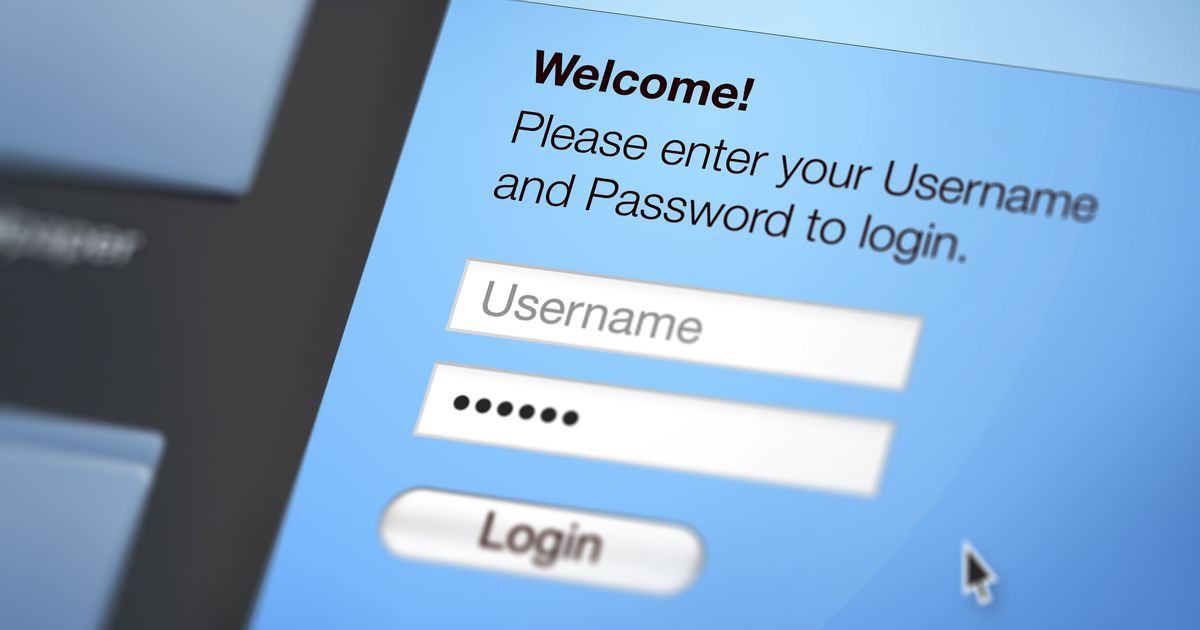
I have a confession to make: I constantly forget all my passwords, and I don’t use a password manager.
This is a personal failing. Apparently, the rest of the digital world has long realized that password managers are life-changing and security-enhancing.
But now LastPass, a popular manager, has implemented new restrictions on their free tier. According to The Verge, LastPass’s free version will only allow users to view their passwords from one type of device, either mobile or computer, starting March 16. On that date, users will have to choose their device category, which they will be able to switch only three times, or upgrade to Premium at $3/month.
Since I do actually want to make my life easier and more secure (and yours, too!): I’ve gathered the best free and paid alternatives to LastPass.
1. Bitwarden, Free or $10/year for Premium
Nothing makes me trust an app more than a clever name. Just kidding. Bitwarden may be a great password manager name, but it also promises the most password support (for free) across any number of devices, including mobile and computers via browser extension or desktop app. If you don’t have access to your devices but need your passwords, it also features a web vault that you can get into from any web-enabled device.
If you particularly love Bitwarden, $10/year gets you Premium features, like 1 GB of encrypted file storage and advanced two-factor authentication.
2. Dashlane, $59.99-$119.99/year
Here’s the deal: If I’m going to pay for something, I better be getting all the bells and whistles. And while at first glance Dashlane is more expensive annually than LastPass, the bigger price tag includes one very important feature: VPN protection. According to our friends at PCMag, Dashlane VPN protection is a licensed version of Hotspot Shield, which usually costs $95.88 yearly, with the added bonus of unlimited devices. And of course, you get the password management system across all those devices, too.
3. WWPass Passhub, Free or $4/month for Premium
Alternatively, I’m willing to work harder for free stuff. WWPass PassHub (horrible name) is a cloud-based web app that is super secure, as it relies on an Android or iOS device to act as a passkey. The passkey is a QR code that lives on an app, which replaces the master password that most password managers use and offers greater security.
Here’s the hard work part: WWPass PassHub only recently added a Chrome extension, so it can help automatically fill in some password forms on Chrome only. On any other browser, it can’t capture all of your previous usernames and passwords, so you’ll have to manually input them all yourself, and copy and paste passwords from PassHub into your forms.
If you’re into using your phone as your passkey, Myki Password Manager and Authenticator uses a similar app-to-browser extension pairing system. But instead of a QR code, you input a six-digit PIN or fingerprint to get in. Make sure that the device you’re using as your passkey is your primary smartphone, as this is the only device all passwords will automatically sync to. You can get your passwords to sync across other devices, but you will have to unlock Myki on your passkey app every time to get access.
5. Keeper, $34.99/year
If you’re someone who’d rather pay a little to feel a lot more secure, Keeper promises a ton of features for a reasonable price. Coming in at just a little bit cheaper than LastPass, Keeper gives you a seamless experience with unlimited devices, automatic password capture, form filling, two-factor authentication, a digital vault for file storage, and a robust emergency access system.
